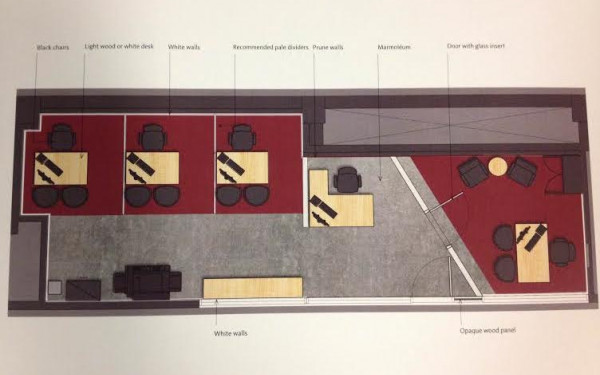Concordia Housing Co-op Opens Applications
The CSU Funded Project Will Welcome First Tenants in July 2020
Concordia students can finally apply for a spot in the long awaited Woodnote housing co-op.
The project, a partnership between the Concordia Student Union and the Unité de travail pour l’implantation de logement étudiant, is taking applications for leases starting July 1, 2020. All can apply, but Concordia students will be given priority.
As it stands, the building is still unfinished. The structure is built, but the interior is still under construction. They expect to have units finished in June, ready for July 1. Only the first two floors are accepting applications for now. The second half will start accepting applications in March, for leases starting in August and September.
You’ll want to get on it fast. Woodnote can only accommodate 144 tenants across 90 units.
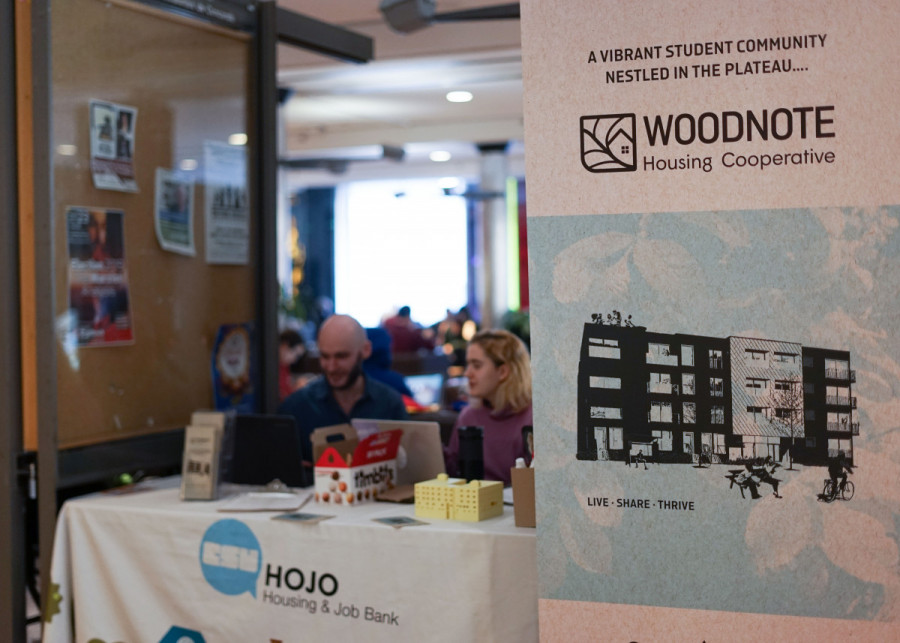
“We are expecting a lot more applications considering the current state of the Montreal rental market,” said Laurent Levesque, the general coordinator of UTILE, the organization in charge of developing and managing Woodnote.
Apartments will be leased below market rates, with all inclusive, unfurnished studios starting at $723 per month, two rooms at $1135, three rooms at $1375, and four rooms at $1780.
The building was designed with accessibility in mind, with the ground floor studio apartments and common spaces wheelchair accessible and adapted for residents with reduced mobility. There weren’t enough funds to pay for an elevator.
The application process will give priority to low-income students, as well as aim to build a diverse and fair environment. Up to three Indigenous students can receive a $100 per month bursary for housing and living expenses from the CSU.
However, tenants still need to prove they have the means to pay rent.
This article has been updated for clarity.
“We are expecting a lot more applications considering the current state of the Montreal rental market.” —Laurent Levesque
Being a student is a requirement to live in Woodnote and tenants are expected to move out after graduation. However, they won’t be immediately evicted if they drop out. “We understand that the reality of life is that exceptional circumstances can lead to students taking a semester off,” said Levesque. Tenants will have a one year grace period to return to studies or find other accommodations.
The co-op model means tenants are expected to be involved in the day to day activities, which means at least four hours of volunteer work per semester.
The CSU initiated the project back in 2014, and invested $1.85 million into it. The CSU will hold one seat on the board of directors of the co-op, and priority for Concordia students is enshrined in an indefinite contract.
The project has been delayed several times since its inception. Rising costs of construction in Montreal meant the bids submitted were higher than the estimates. The project managed to acquire funds from other sources, such as the City of Montreal and Le Fonds d’investissement pour logement étudiant. The final cost was $18 million, with an original estimate of $14 million. Woodnote will be UTILE’s first completed project.
While Woodnote’s location is not ideal for Loyola students, Levesque hinted at future developments closer to the campus. “We are very aware of the demand for student housing not just in the east end of the city but also in the west,” said Levesque, who’d like to see options near every university campus in Montreal.
Related
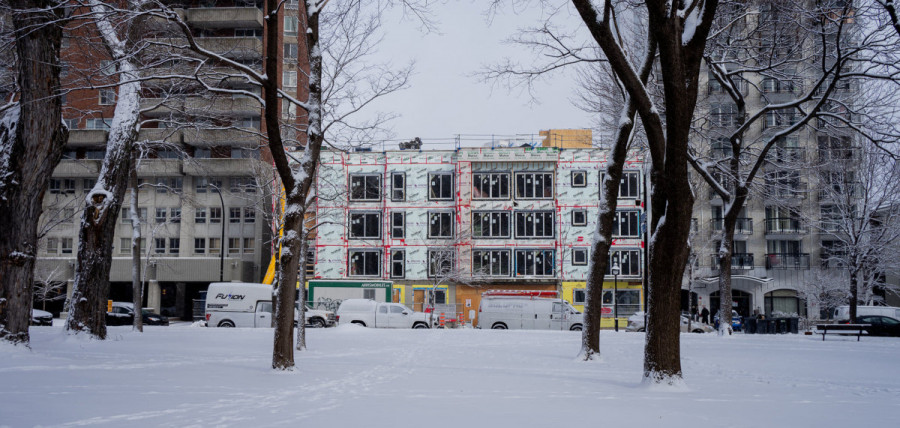


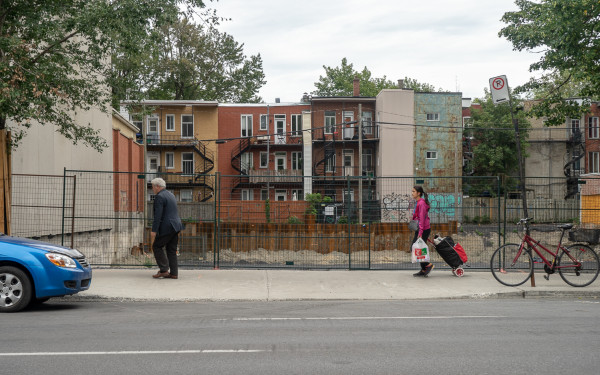
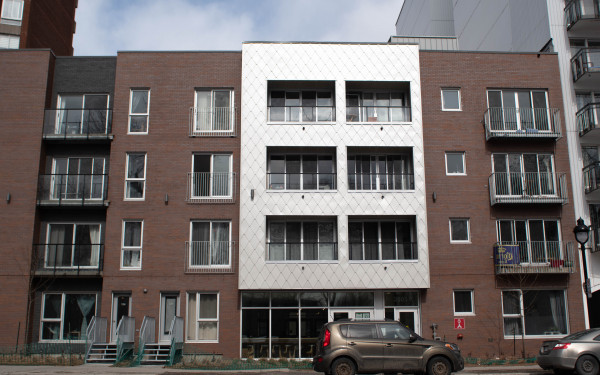
_600_375_90_s_c1.jpg)
